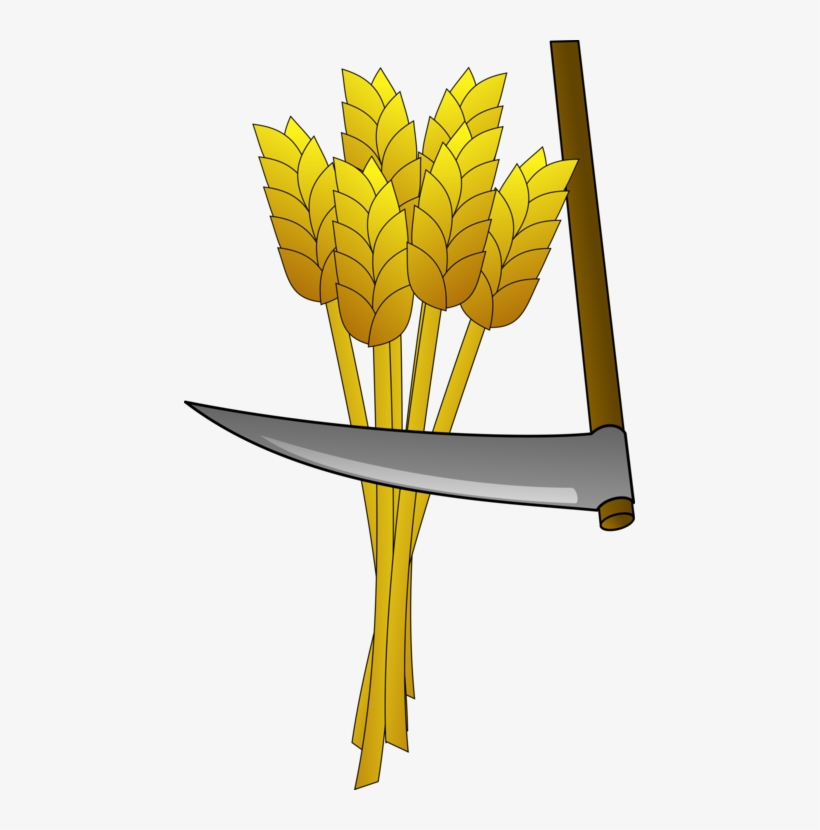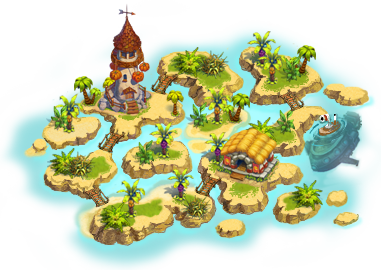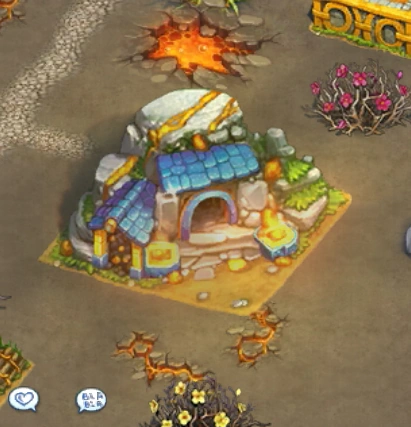

I had trouble getting the Facebook quest to work, but I’ll do the walkthrough without it, as you shouldn’t really have to use either one, let alone both. Sign into Twitter online immediately, use the gear at the top right to access settings, and select apps to revoke the game’s access to your Twitter account. I allowed the Twitter access in order to get 20 crystals and my account was instantly bombarded with tweets from The Tribez.
#The tribez ancient market free#
To get more free crystals you can allow the game to post for you on either Facebook or Twitter or both. even threw a few tips on players who actually want to pick up some extra crystals:


You can easily level up without spending any real money if you save your crystals for certain key tasks.ĥ.

#The tribez ancient market upgrade#
If you want to play for free, you should also DECLINE all offers to upgrade the warehouse or to purchase crystals or coins. Wait for each task to end in its own time, and the demand to use a crystal will disappear and the game will move on. The game implies that using them is necessary, but it is not. warned players not to waste money on any crystals at the beginning of the game:ĭo NOT spend any crystals during the initial tutorial. Refrain From Buying Any Crystals During the Tutorial Stage Have a place and some huts for your people to chill in and everyone’s in a good mood.Ĥ. Putting up a bunch of huts also leads to an increase in your happiness level. These huts directly result in more villagers coming from far and wide to become a part of your evolving neighborhood. And on the back of that cash avalanche, Roman financiers lent extensively to places like Asia.Ī worrying parallel, perhaps, with modern governments, who also unleashed an international credit boom on the back of money that they had created in large quantities over a long time.Simple. An ancient credit crunch. The shock was made even worse by the fact that until then, in much of the previous century, Rome had enjoyed a boom thanks to military conquests bringing in vast quantities of gold and silver. So large, indeed, that Cicero reported that the bankers in the Roman Forum found themselves running out of cash just like their modern counterparts. When Mithridates VI, King of Pontus, invaded the Roman province of Asia (part of modern Turkey), people there lost large fortunes. When the boom ended and the music stopped, a lot of banks in the UK and other countries found themselves holding loans that were never going to be repaid – and, basically, ran out of cash. In 2008 the world financial system took quite a knock from the US sub-prime mortgage market. Which brings us to Philip Kay's article on the Financial Meltdown in the Roman Republic. It only started to unravel when emperors started debasing the currency to pay for all that bread and all those circuses, and the market economy could not function any more. But disciplined militarism only carries you so far.Īs for the Romans, we are told they were always fighting wars too but Selkirk believes that the various rights enjoyed by Roman citizens – including the right to trade peacefully, actually made it quite an open society and contributed more to its success. By contrast, the Spartans (whom Xenophon, says Selkirk, thought were 'jolly good chaps') rejected money and the market economy, turned their backs on civilisation and the open society, and because disciplined militarists. And through the market economy they discovered the free society. That made them hugely more efficient than earlier, barter economies. His thesis is that what produced the enormous dynamism of the ancient Athenian and Roman worlds is that they discovered money and the market economy. One is Andrew Selkirk's own article on Ancient and Modern Market Economy. Two articles in the current issue are particularly interesting to modern free-market thinkers. Not something I thought might be a right riveting read. He passed on to me a copy of another magazine I had not seen, Ad Familiares, published by Friends of Classics. Andrew is editor in chief of Current Archaeology, which circulates mostly to interested amateurs like me. I met one of our ASI associates, the excellent Andrew Selkirk, at a lecture last week by the equally excellent Professor James Tooley.


 0 kommentar(er)
0 kommentar(er)
